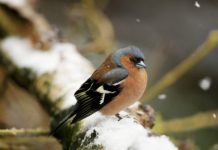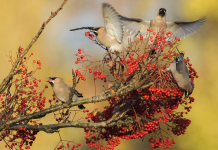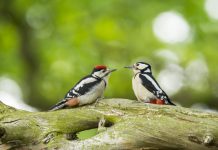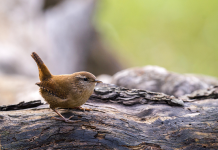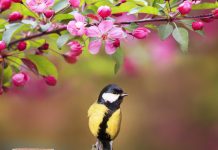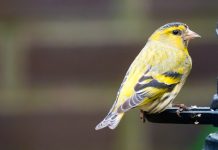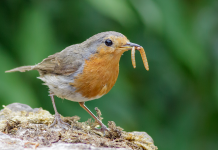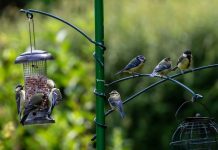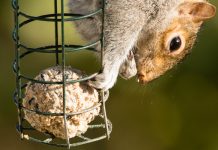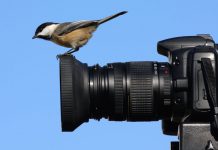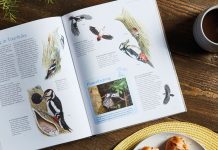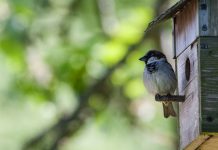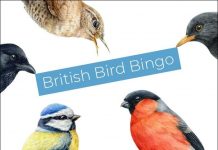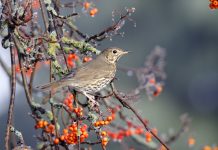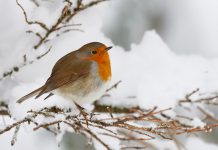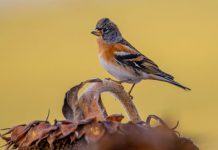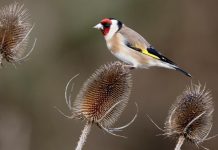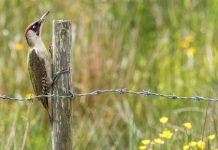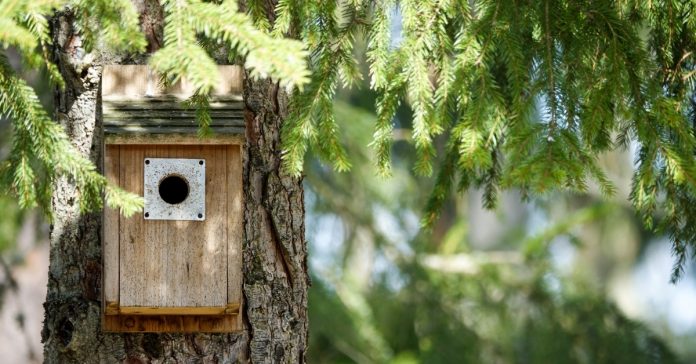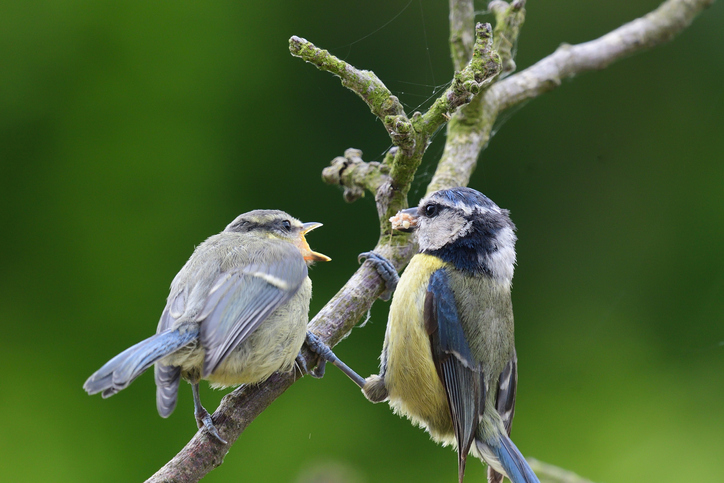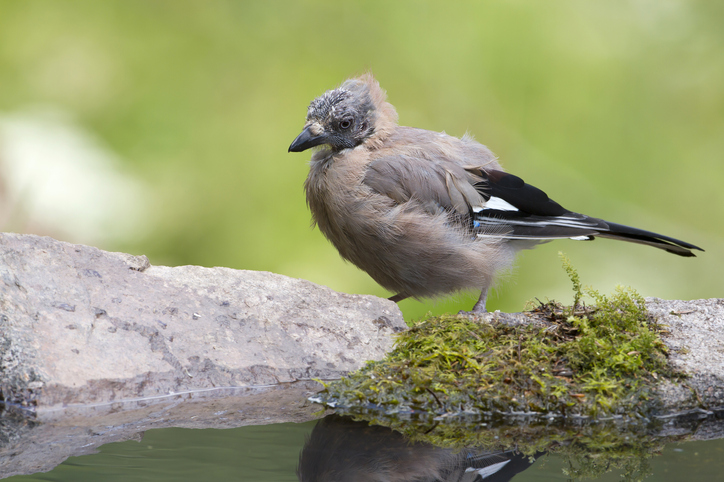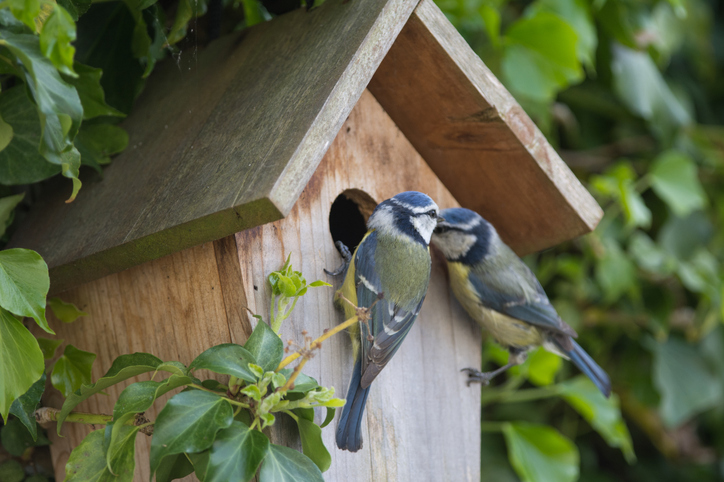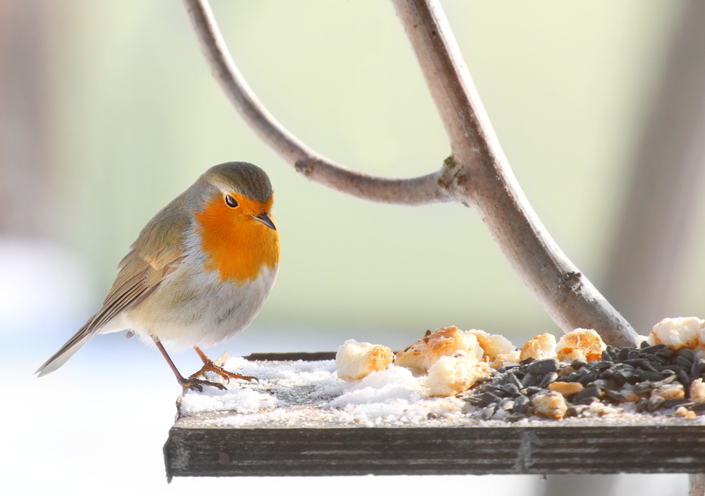You may notice towards the end of summer that your garden starts to quieten down in both birdsong and activity. After a few months of seeing your feathered friends happily flitting about in your garden, this can seem like a bit of a surprise. But don’t worry, it’s all perfectly normal.
Where have the birds gone?
By August, most birds have finished their breeding season and their fledglings are now busy setting off on their own adventures. You would think this might be the ideal time for the parent birds to sit back, relax and have a well-earned sleep. But, that’s not the case.
In a good year, each set of parents will raise ten or more chicks to adulthood. Obviously this is brilliant for a growing bird population, but they can’t all stay where they were born. So their parents will be encouraging them to find new territories and to set up home in their own little corners of the world.
The ‘moult’
As the breeding season ends, a lot of your garden visitors will enter ‘the moult’. This is the time of year where birds begin to lose their feathers and replace them with fresh ones ahead of winter. During this time, many juvenile birds will also lose their young plumage, to be replaced with their first coating of adult feathers. The end of the breeding season also means that male birds no longer need to attract a female, which means a reduction in the birdsong you’ll hear.
But just because you can’t see them, it doesn’t mean they don’t need to eat. The moulting process puts a lot of pressure on birds, and the energy it takes to grow a new set of feathers is extremely high. Not to mention that the loss of a wing feather or two can make a great difference when trying to evade a predator. With this in mind, a lot of the birds you’re used to seeing in your garden will lay low, hiding in bushes and hedges, so it’s worth investing in a ground feeder that can be placed near to where they are hiding away.
Plan ahead
This time of year is a great opportunity to start adding nesting boxes, feeders and bird tables to your garden in preparation for your feathered friends to return next year, as well as encouraging a wealth of new and first-time parents into your garden.
But your garden needn’t be devoid of bird activity until next spring. There are plenty of birds that stick around for the great British weather including robins, chaffinches, dunnocks and blue tits. So remember to keep your feeders topped up with energy rich treats such as suet balls, peanuts and sunflower hearts to help see them through the colder months.


